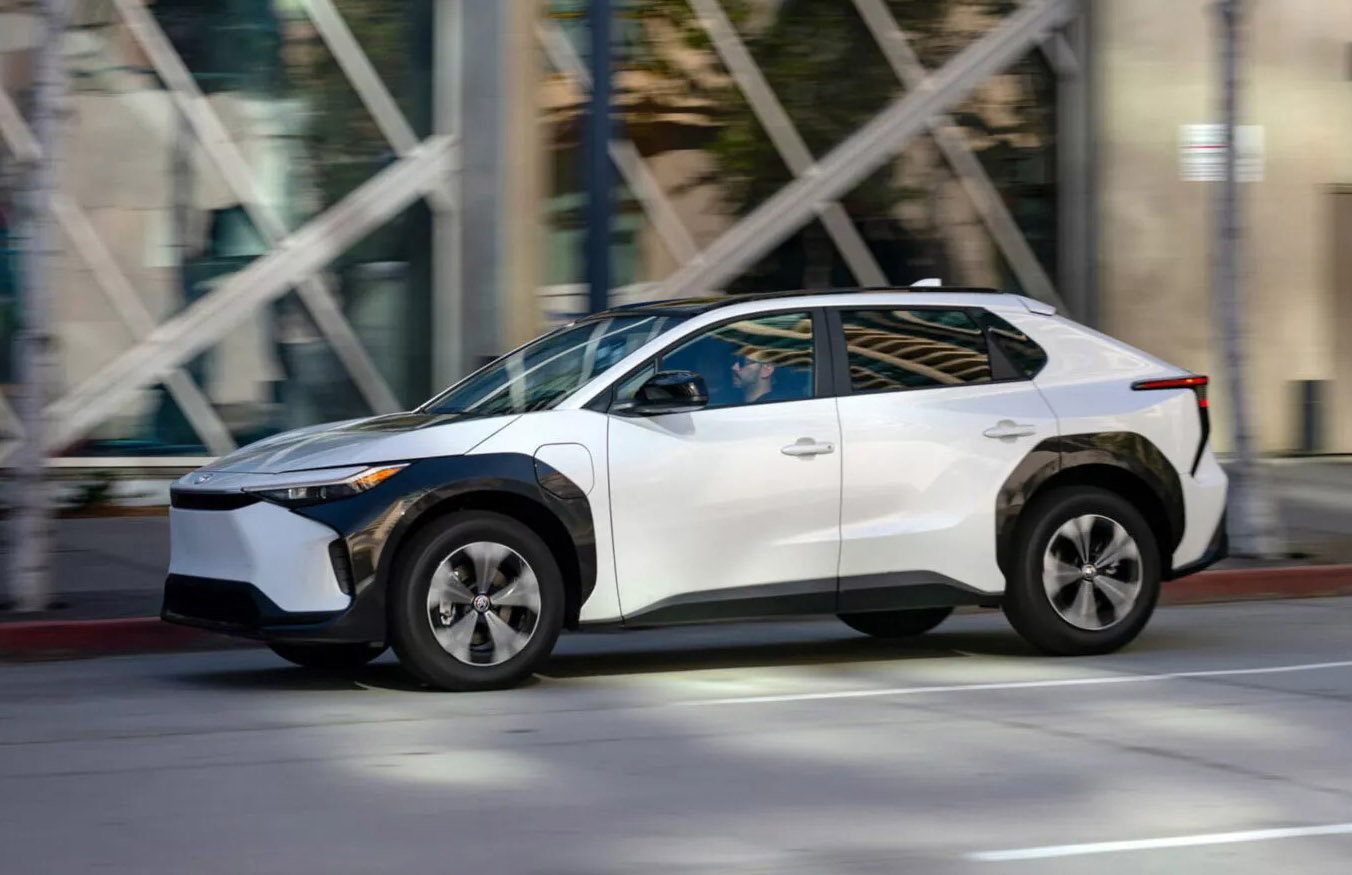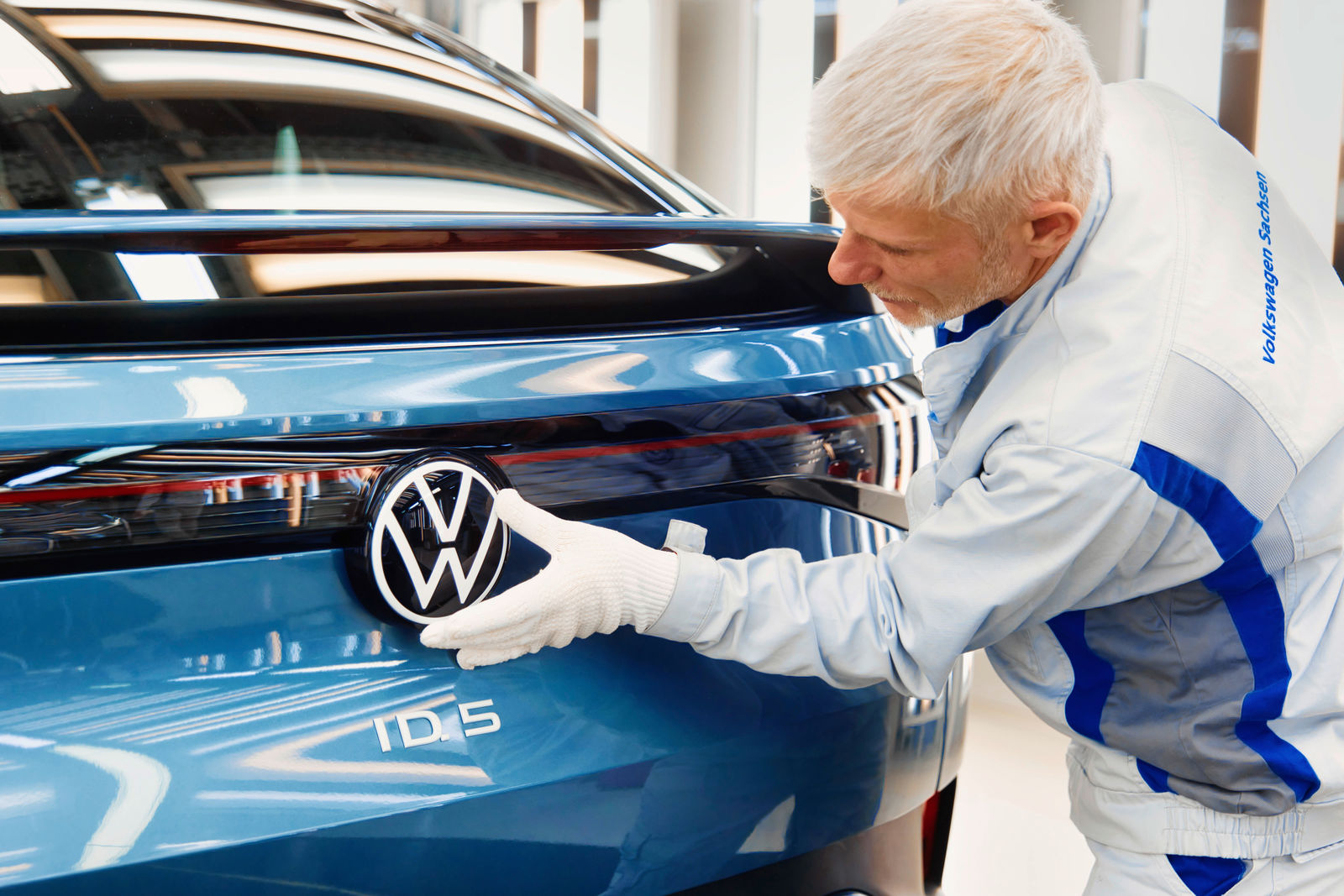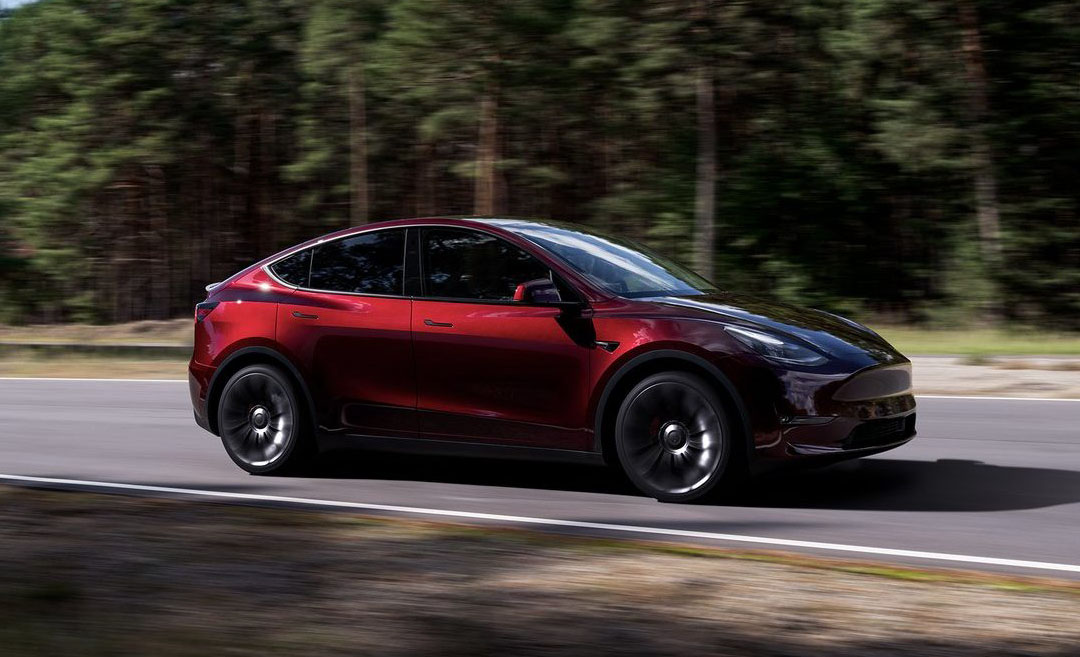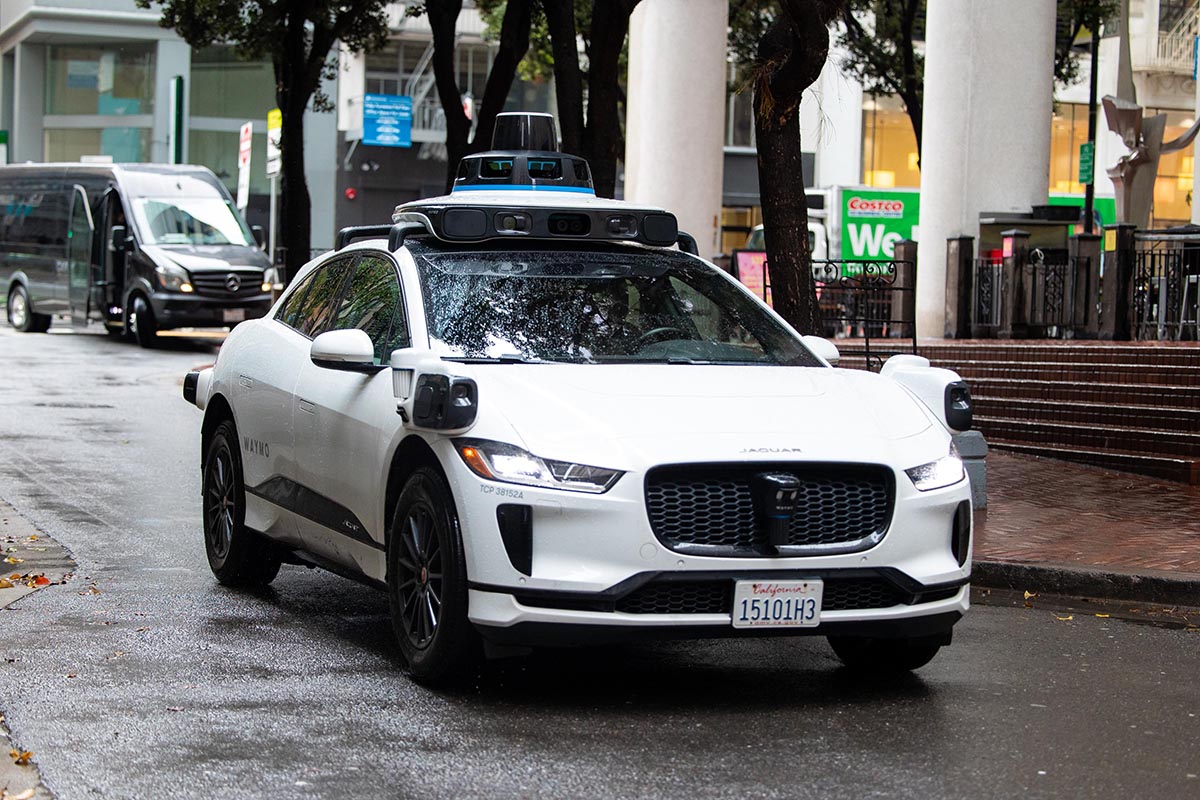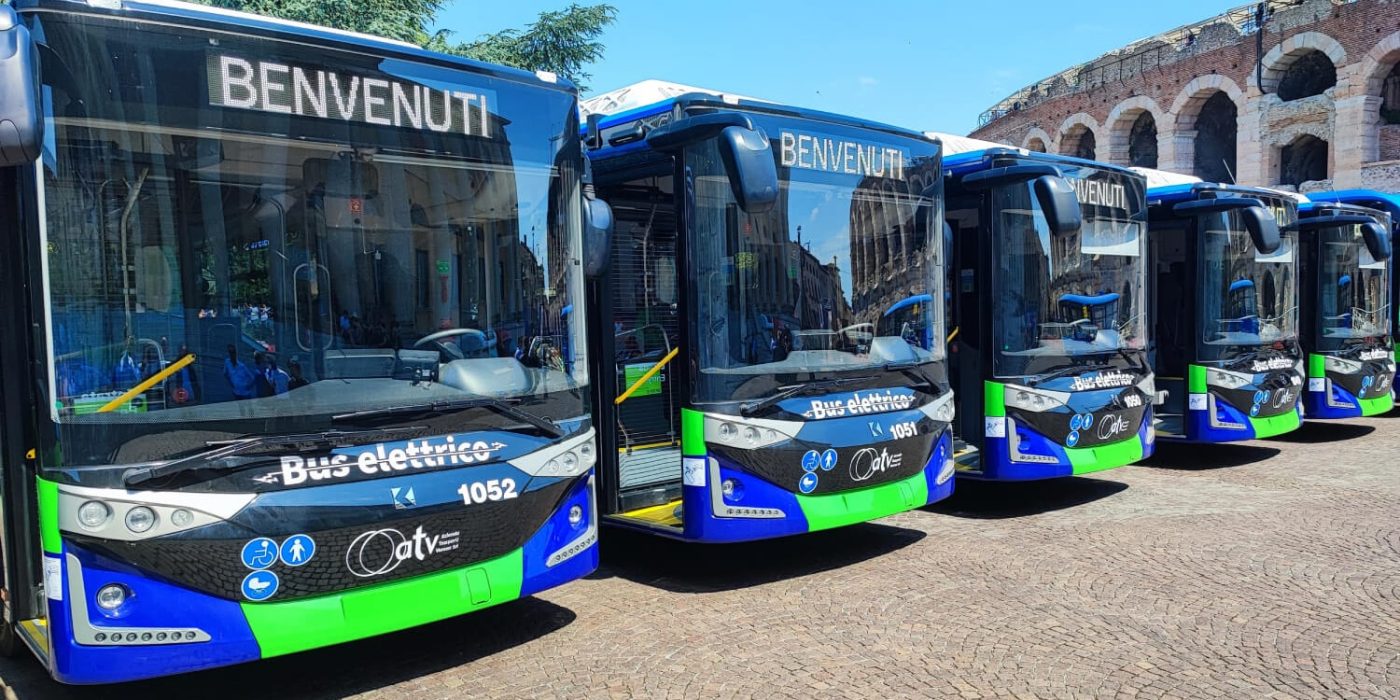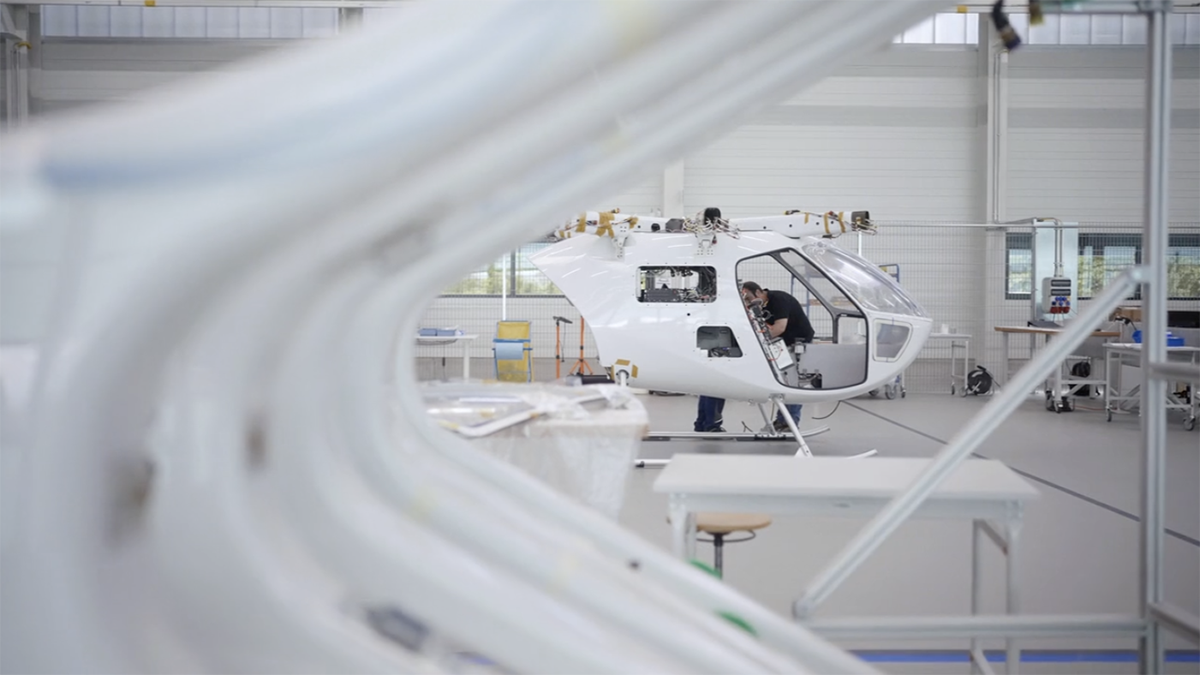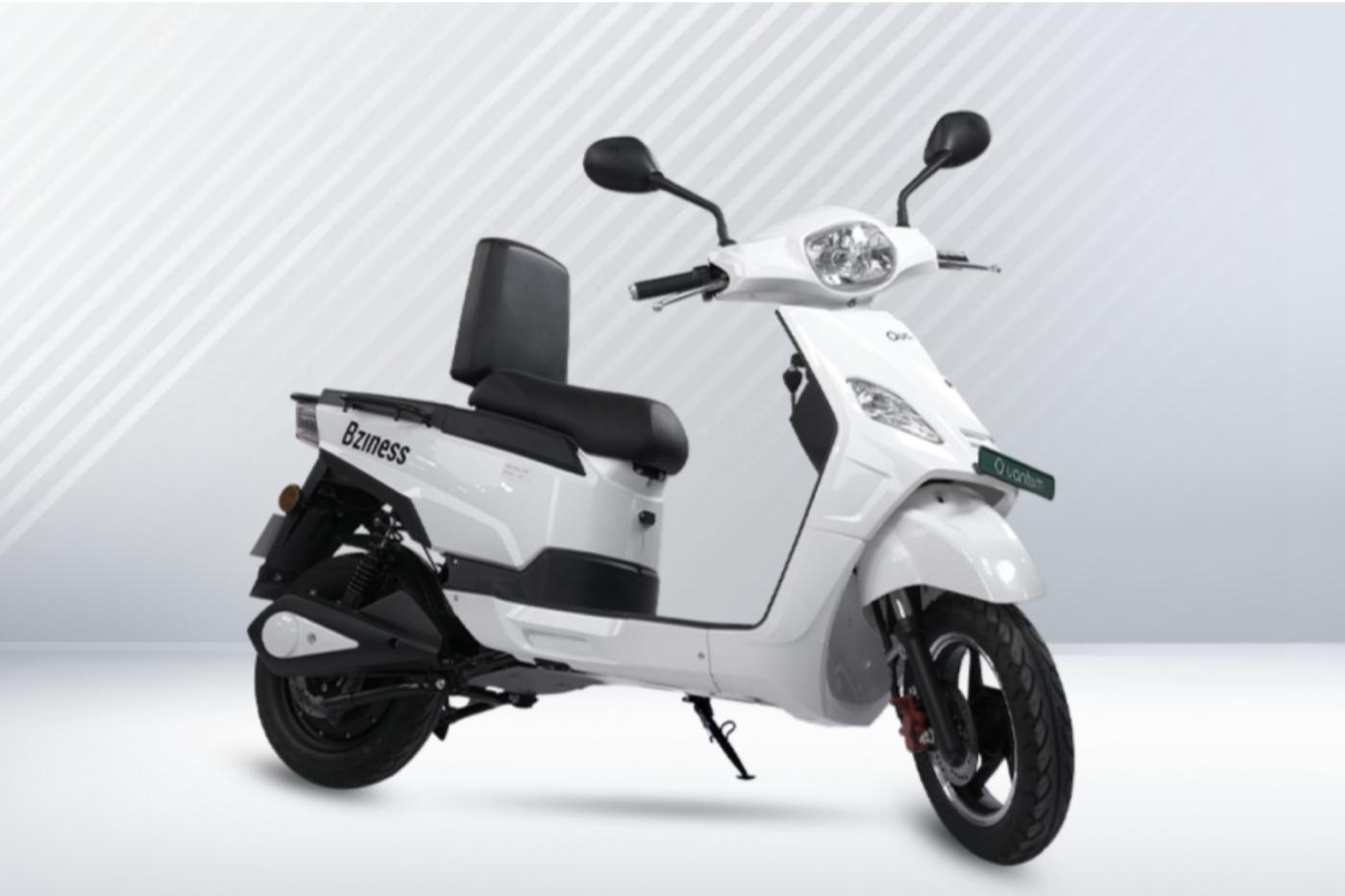According to projections from Toyota USA, American consumers are expected to purchase significantly fewer electric vehicles (EVs) by 2030 than the Environmental Protection Agency (EPA) anticipates. This forecast has led the automaker to plan the procurement of emissions credits to meet U.S. regulations instead of allocating additional resources toward electric vehicle development, citing doubts about their marketability.
The EPA had announced last year that it aimed for EVs to achieve a 60 percent market penetration by 2030, though it is believed that this number may be revised down to 54 percent by the time any rules are passed.
See also: Toyota Launches bZ4X Electric SUV in Australia, Facing Competition from Tesla
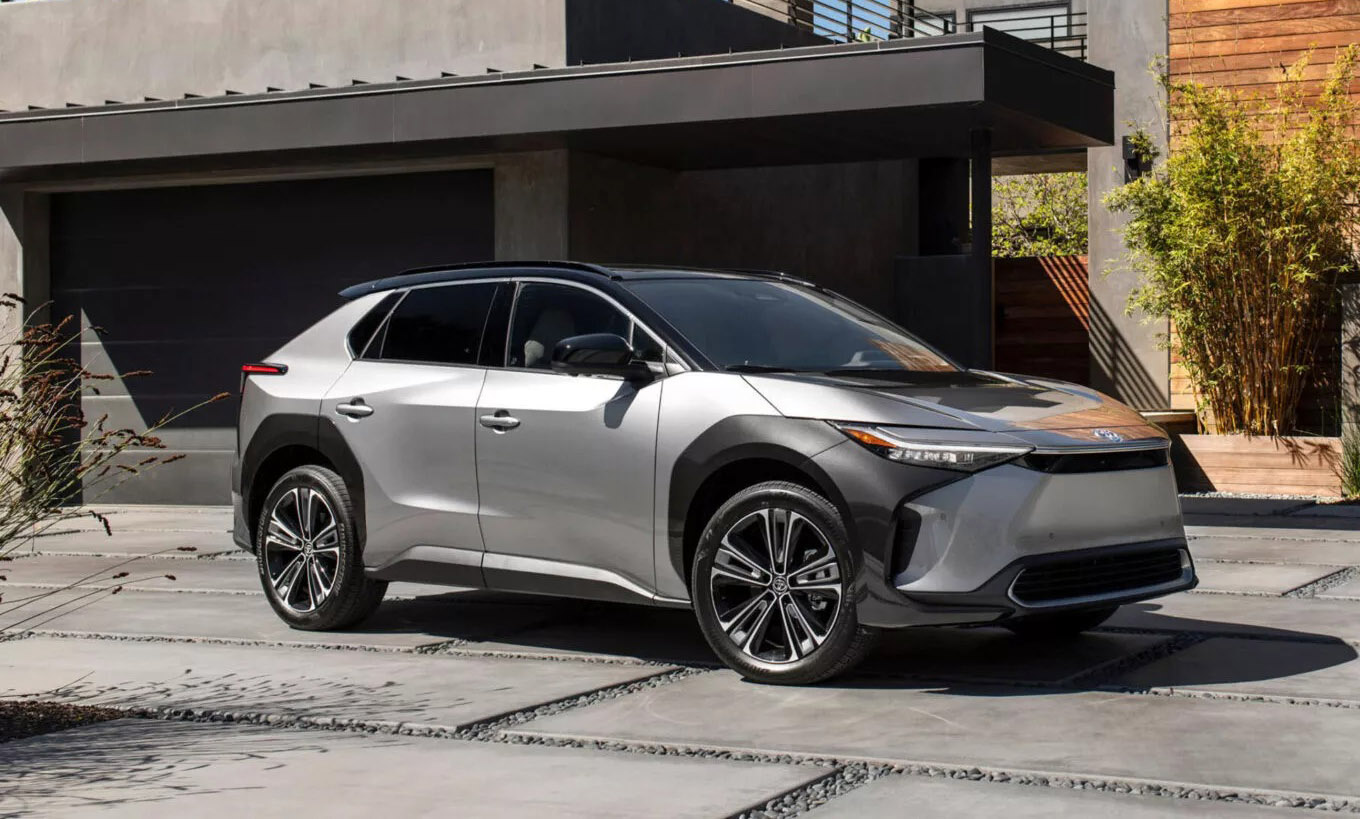
Ted Ogawa, CEO of Toyota Motor North America, stated that the company expects this penetration rate to be much lower, specifically around 30 percent. Ogawa explained to Autonews that Toyota will base its production targets on its own consumer forecasts, not the EPA’s projections.
“Our starting point is what the customer demand should be. So, for example, 2030 regulations said the new-car market, more than half of it should be BEV, but our current plan is like 30 percent,” Ogawa said. “We are respecting the regulation, but more important is customer demand.”
See also: Toyota bZ4X Electric Vehicle Accidentally Rolls into Ocean Near Boston Pier
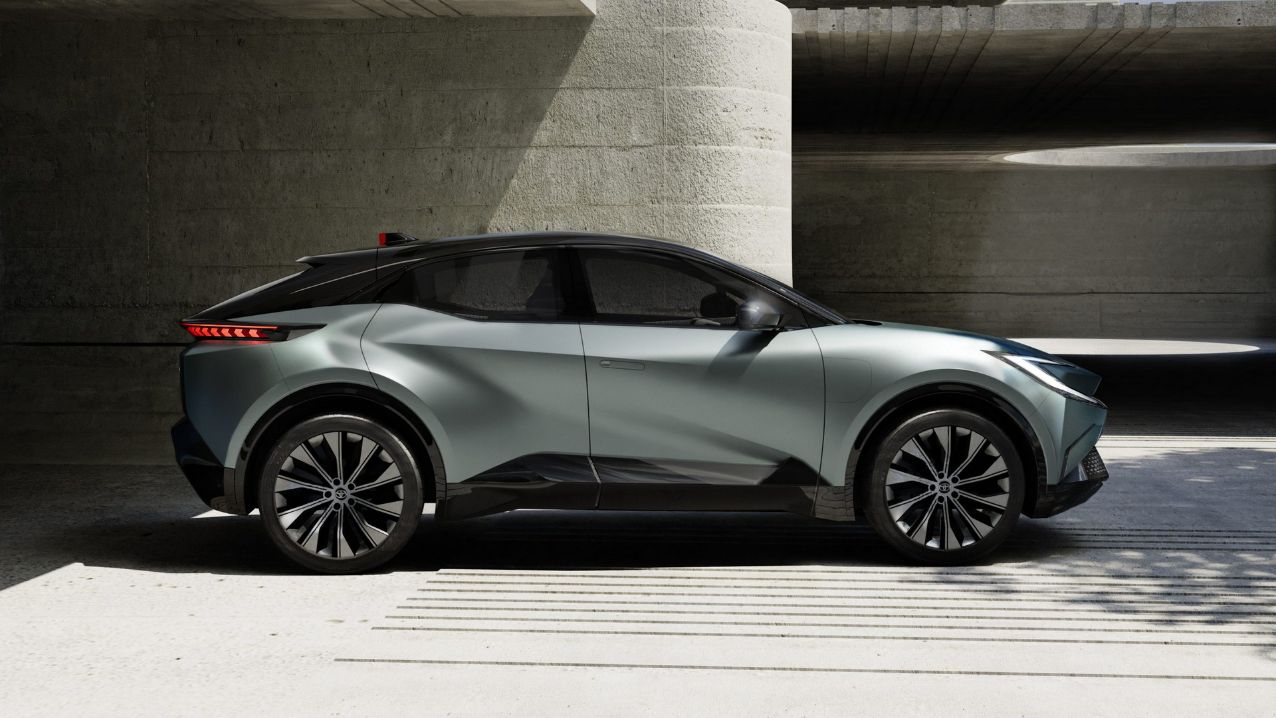
To address the gap between its production and emissions caps based on the EPA’s estimates, Toyota plans to explore its options, including purchasing emissions credits to meet its regulatory requirements.
“Regulation-wise, we would have to prepare something like credit purchase. It’s difficult to say,” Ogawa explained. “Wasted investment is worse than the credit purchase.”
Despite these projections, Toyota remains committed to introducing more EVs to American buyers. Currently, the company offers only two EV models: the Toyota bZ4X and the Lexus RZ450e. Toyota is also investing significantly in its U.S. manufacturing, with plans for a $13.9 billion battery complex in North Carolina and around $17 billion in total investments for EVs and hybrids.
See also: Toyota Teases Three-Row Battery Electric SUV for US Market
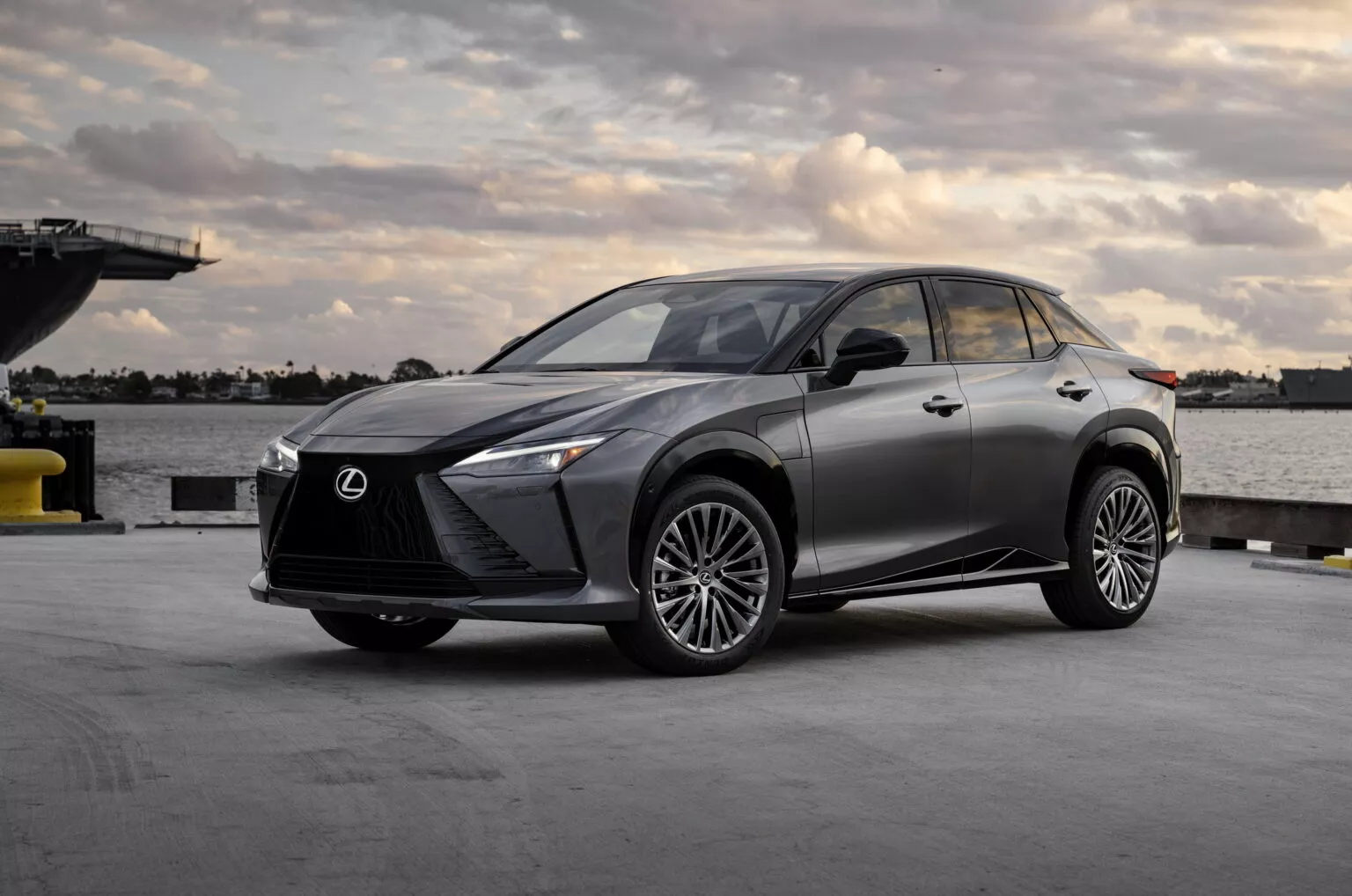
Ogawa acknowledged that Toyota may be behind brands like Tesla in terms of EV offerings but expressed confidence that it is catching up, both in technology and in home charging infrastructure. He also noted that Toyota’s vehicles are superior to those from China but acknowledged that Toyota cannot compete with Chinese manufacturers in terms of pricing.

